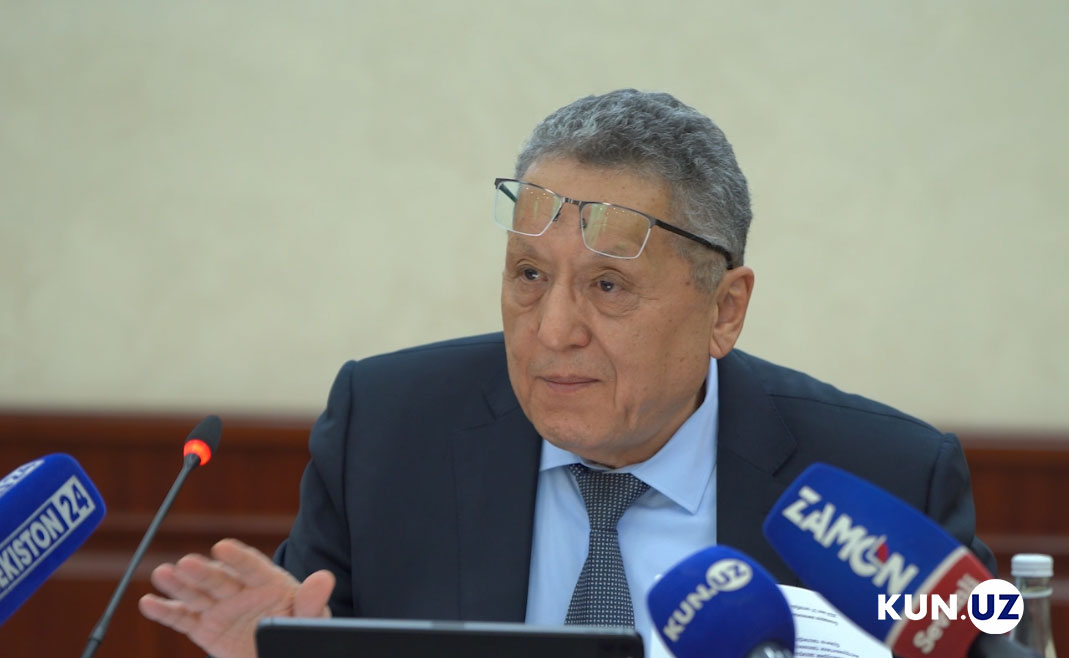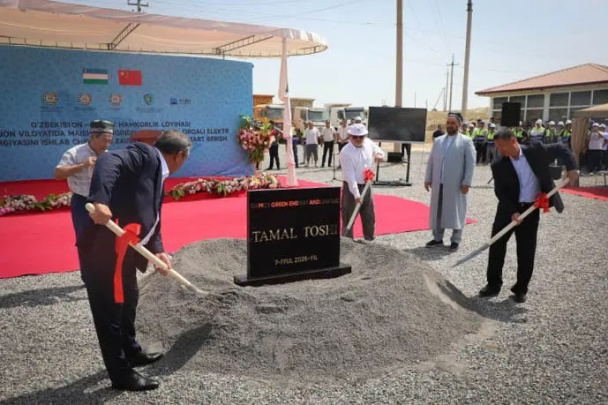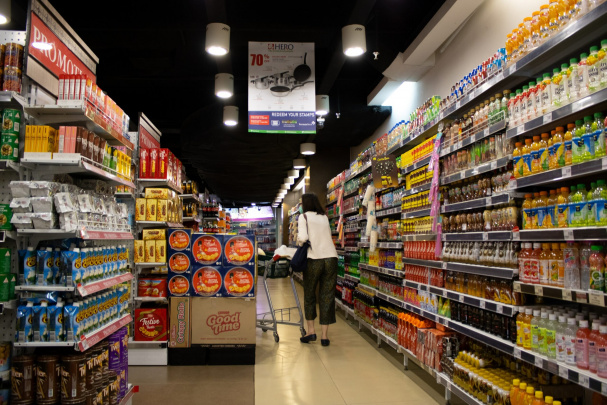Energy prices set to rise in Uzbekistan: Central Bank weighs impact on inflation
The Central Bank of Uzbekistan has incorporated anticipated energy price hikes into its inflation forecasts for 2025, according to Central Bank Chairman Mamarizo Nurmuratov. Speaking at a press briefing, Nurmuratov addressed upcoming increases in energy prices and their projected impact on inflation, expected to remain within the 6-7% range despite anticipated challenges in energy costs.

Photo: KUN.UZ
Starting next year, electricity prices may rise by 24%, natural gas by 36%, liquefied gas by 25%, and methane gas by 39%. According to Nurmuratov, these adjustments are factored into the bank's inflation forecast. However, he emphasized that fluctuations in energy prices could still affect inflation and lead to modifications in policy.
“We are monitoring the impact of energy resource shortages and any artificial price increases on inflation,” Nurmuratov noted in response to a question from a Kun.uz journalist. He acknowledged that price increases for liquefied gas, for instance, are already impacting inflation and would be closely tracked to manage associated risks. “We categorize these scenarios as high-risk, considering their unpredictability. Should external factors worsen, they may influence our internal economic conditions, forcing us to adjust our decisions accordingly,” he added.
Nurmuratov also discussed the impact of currency depreciation on inflation. “A 1% depreciation in the currency rate could negatively affect inflation by 0.3-0.4%,” he stated. While the Central Bank does not make exchange rate forecasts, it monitors exchange rate fluctuations for their inflationary impact. He further mentioned that, while gold prices do not directly influence inflation, changes in currency inflows from gold exports could affect exchange rates.
Looking ahead, Nurmuratov projected that gold prices may stabilize at slightly lower levels next year, though significant price drops are not expected.
The statement from the Central Bank follows recent reports that remittances to Uzbekistan reached $11.3 billion over the first nine months of the current year, marking a 34.8% increase compared to the same period last year. This inflow of foreign currency plays a crucial role in supporting the country’s economy and mitigating inflationary pressures.
Recommended
List of streets and intersections being repaired in Tashkent published
SOCIETY | 19:12 / 16.05.2024
Uzbekistan's flag flies high on Oceania's tallest volcano
SOCIETY | 17:54 / 15.05.2024
New tariffs to be introduced in Tashkent public transport
SOCIETY | 14:55 / 05.05.2023
Onix and Tracker cars withdrawn from sale
BUSINESS | 10:20 / 05.05.2023
Latest news
-
Direct flight from Tashkent to the Maldives — every Sunday
SOCIETY | 09:00 / 11.07.2025
-
Water debts of households and businesses in Uzbekistan near 800 Billion UZS
BUSINESS | 13:55
-
Kazakh low-cost airline FlyArystan launches direct flights between Atyrau and Tashkent
SOCIETY | 13:41
-
Uzbekistan's Vladimir Svechnikov wins gold at international shooting tournament in Budapest
SPORT | 11:41
Related News

09:10
Uzbekistan to link electricity payments to waste collection debt starting August

15:26 / 09.07.2025
Andijan region launches $140M waste-to-energy facility construction

13:04 / 09.07.2025
Central Bank of Uzbekistan reports decline in reserves, while gold volume and value climb

10:32 / 09.07.2025



